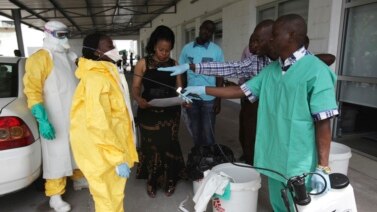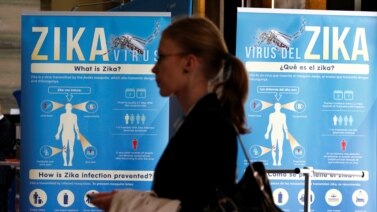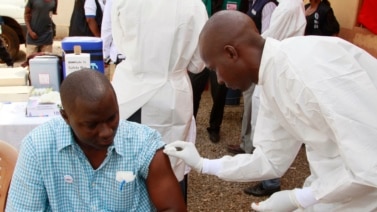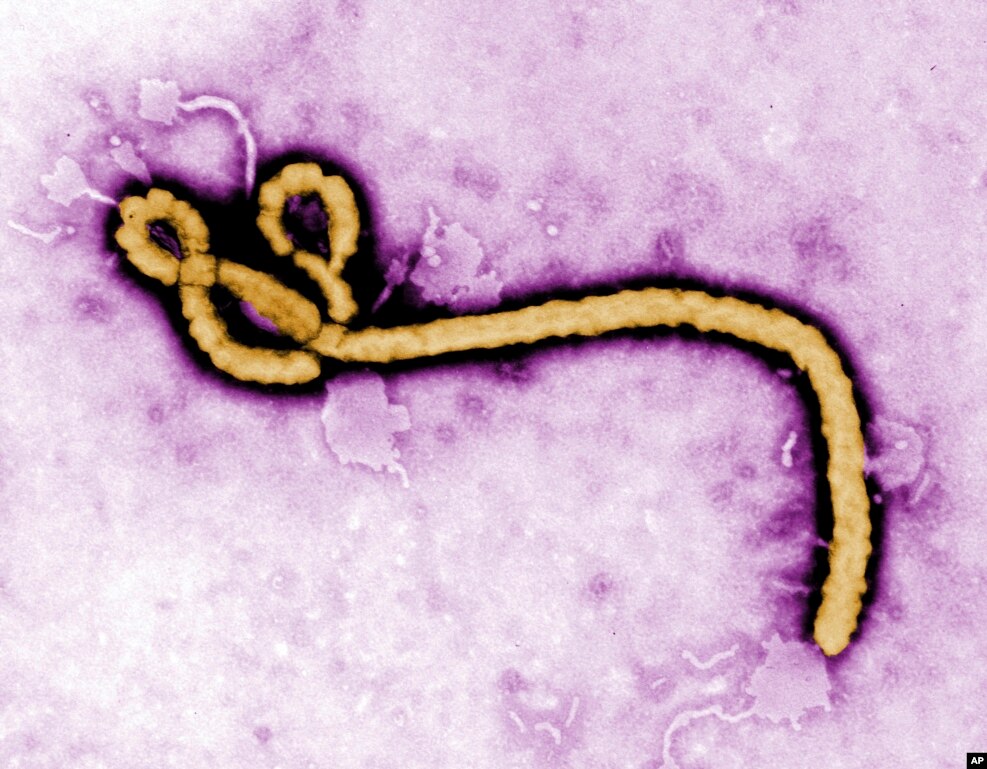
Scientists say they have discovered a possible cure for all five known Ebola viruses. Antibodies that are used in the cure were discovered in the blood of a survivor.
Kartik Chandran of the Albert Einstein College of Medicine helped discover the antibodies. They are described online in the journal Cell.
Chandran says studies of the antibody in non-human primates have shown positive results. He says he is optimistic that the antibodies can be used to protect and treat people, too.
A challenging history
The virus was given the name Ebola because the first recorded outbreak of the disease took place along the Ebola River in the Democratic Republic of Congo -- then known as Zaire -- in 1976.
Since then, there have been about 24 Ebola outbreaks in Africa, including one happening now in the DRC. Nine people have been infected and three people have died.
The most recent Ebola epidemic took place from 2013 to 2016. It killed more than 11,000 people and infected 29,000 in Liberia, Guinea and Sierra Leone.
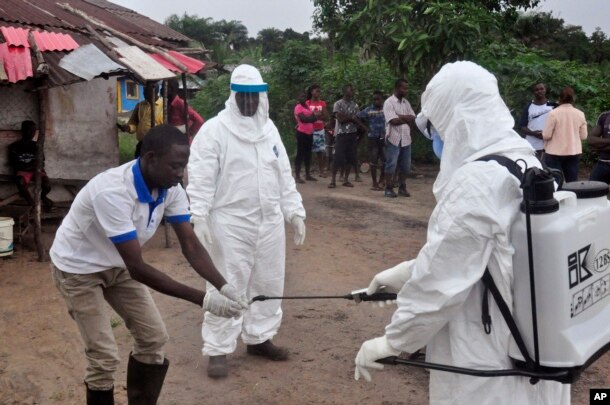
During that epidemic, researchers were studying an anti-Ebola drug called Zmapp. Doctors began using it even before the study was complete.
Zmapp uses antibodies discovered in mice. They use the body's natural immune system to fight infection. If the drug is given within five days after Ebola infection symptoms appear, it can cure the disease.
Promising results
But researcher Kartik Chandran says Zmapp is effective only against Ebola Zaire. It does not fight the other four known Ebola viruses.
Chandran says the recently discovered human antibodies attack and destroy all five of the viruses. Researchers say the antibodies work by interfering with a process that the disease uses to infect and multiply inside cells.
Chandran says scientists discovered the antibodies in just six months.
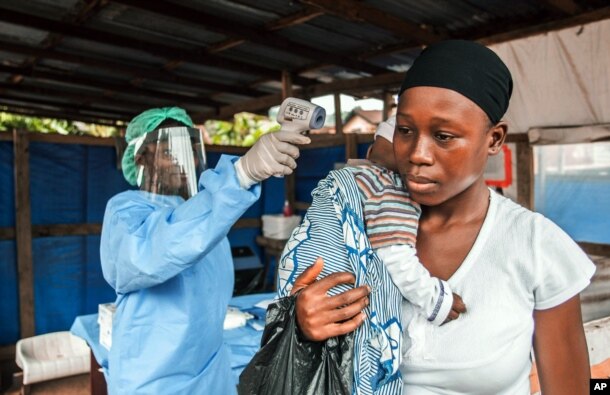
The drug company Mapp Pharmaceutical Incorporated is now testing the antibodies in monkeys that have been exposed to Ebola. Spokespeople for the company say the antibodies have so far been safe and effective.
Chandran says he hopes the antibodies can also be tested in people soon. And, he says, he hopes they can ultimately be used both as a treatment and as a vaccine to prevent people from getting Ebola in the first place.
I'm Anne Ball.
VOA Health Correspondent Jessica Berman reported this story from Washington. Christopher Jones-Cruise adapted her report for Learning English. Kelly Jean Kelly was the editor.
We want to hear from you. Write to us in the Comments Section, or visit our Facebook page.
Words in This Story
cure - n. recovery or relief from a disease
antibody - n. a substance produced by the body to fight disease
primate - n. any member of the group of animals that includes human beings, apes, and monkeys
infected - adj. containing germs that cause disease
vaccine - n. a substance that is usually injected into a person or animal to protect against a particular disease
